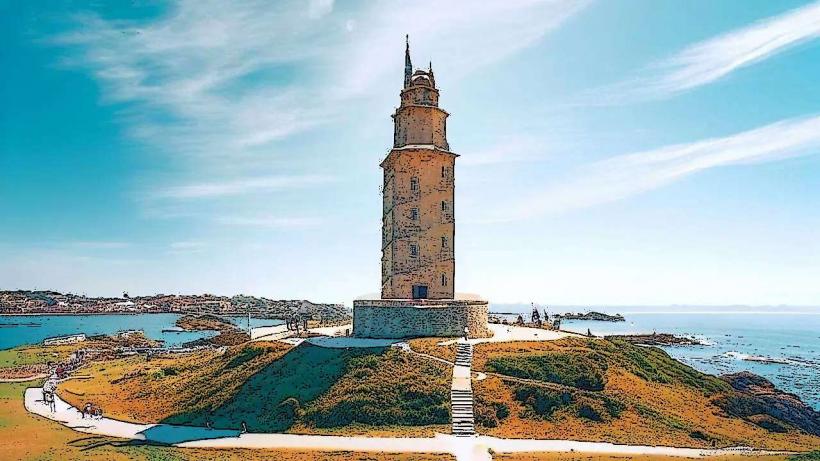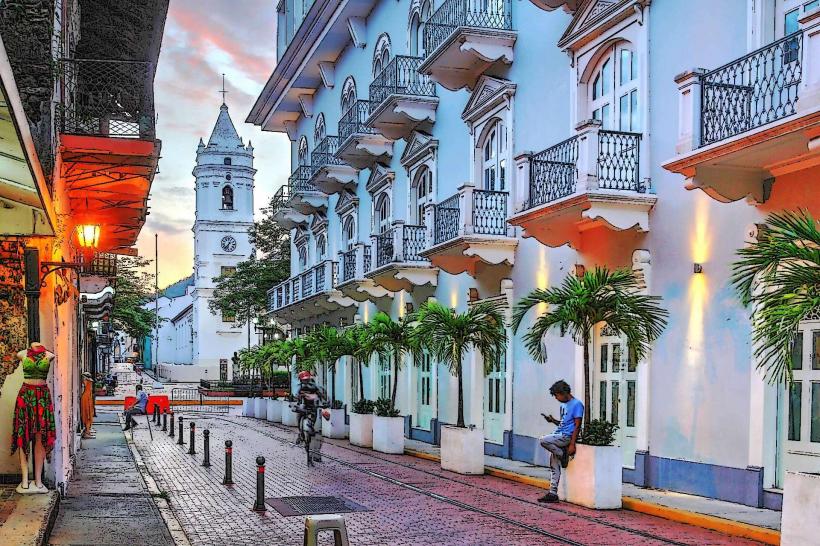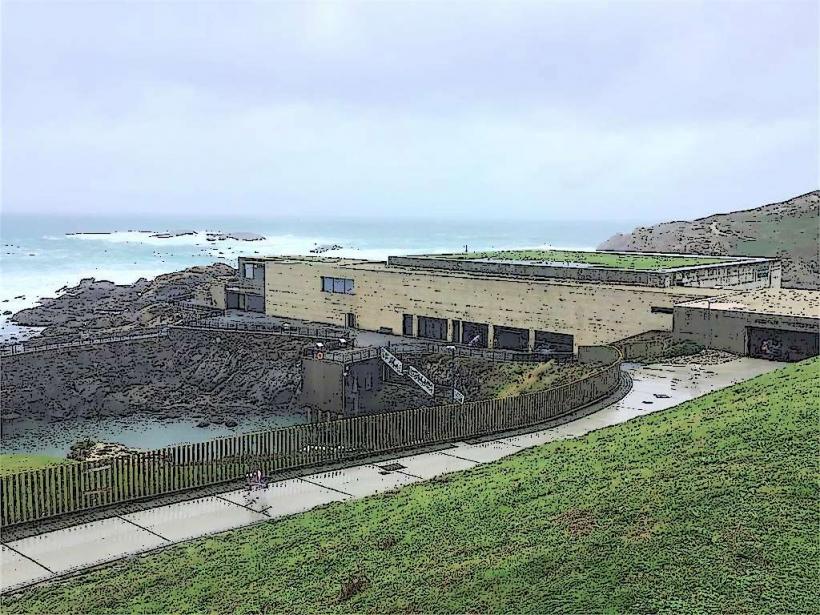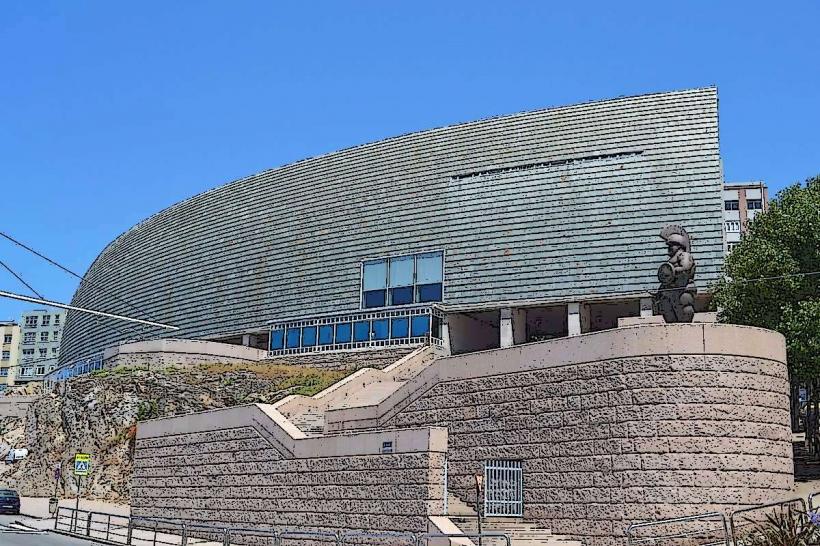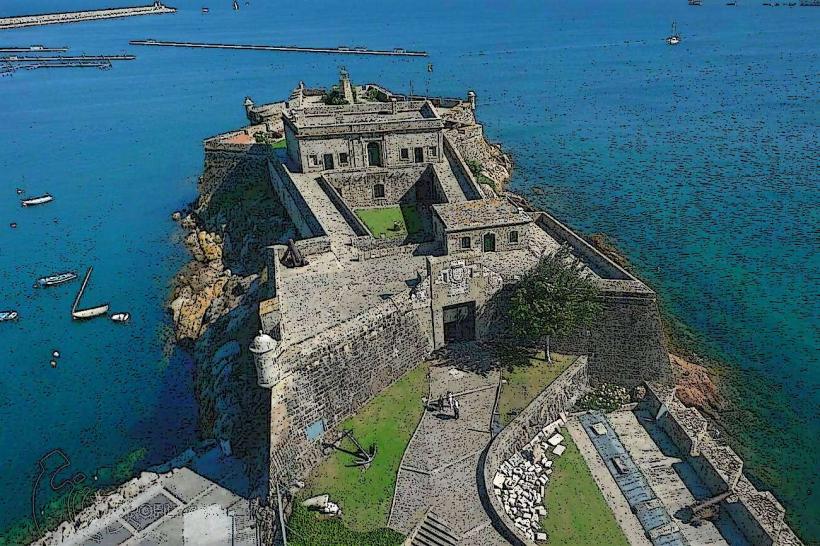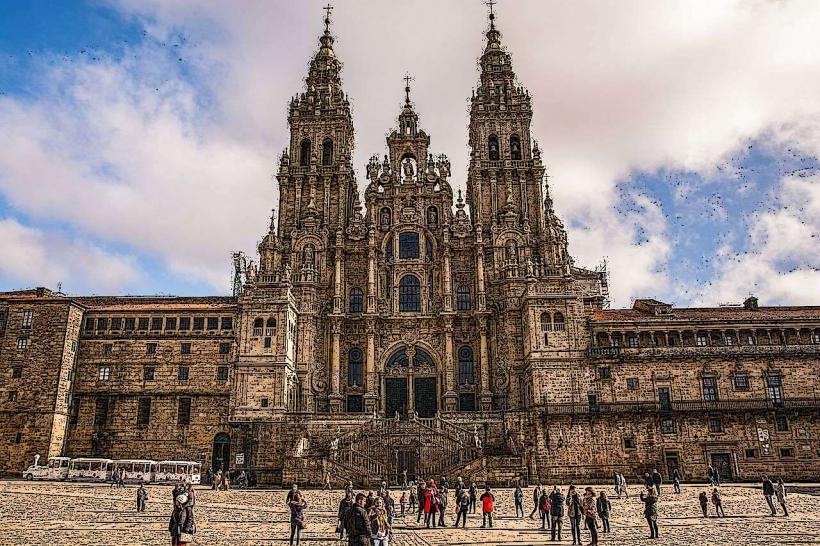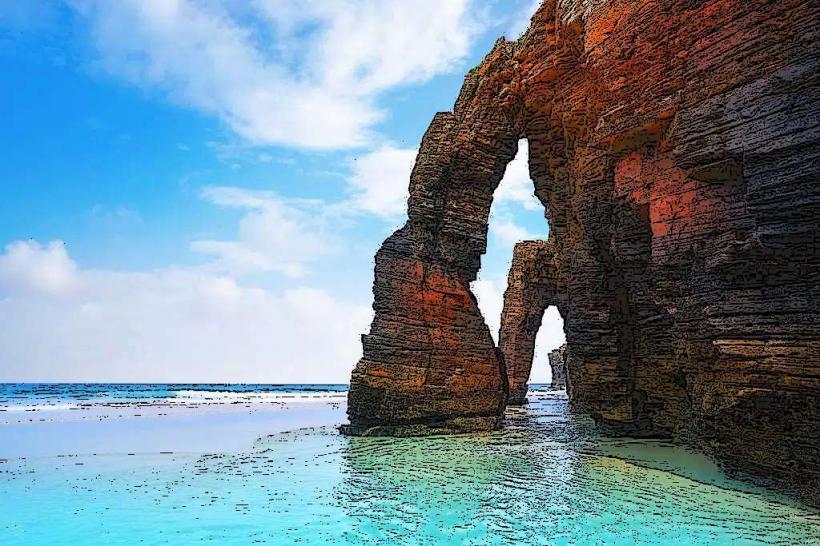Information
City: A CorunaCountry: Spain
Continent: Europe
A Coruña, often referred to as La Coruña, is a coastal city in the Galicia region of northwestern Spain, located on the Atlantic Ocean. It is the second-largest city in the region after Vigo and is known for its rich maritime heritage, historic architecture, and stunning coastal landscapes. A Coruña is also recognized for its cultural traditions, as well as being a major port and commercial center.
Key Facts About A Coruña:
- Province: A Coruña is both the name of the city and the province in which it is located. The city serves as the capital of the province of A Coruña.
- Population: Approximately 245,000 people live in A Coruña, making it one of Galicia's most important urban centers.
- Language: The primary languages spoken are Spanish and Galician (Gallego), with Galician being co-official in the region.
- Climate: A Coruña has an oceanic climate, with mild winters and cool summers. Due to its coastal location, the city often experiences a moderate level of rainfall throughout the year.
Historical Overview
A Coruña’s history dates back to Roman times, and it has been an important cultural and trading hub for centuries. It was known as Brigantium during the Roman Empire and has long been an essential port city.
- Roman Era: The city was originally a Roman settlement, and some of its early infrastructure, such as the Roman lighthouse (the Tower of Hercules), is still standing today.
- Medieval Period: A Coruña grew in significance during the Middle Ages as a trading port and became known for its involvement in the maritime trade between Spain and other European regions.
- Modern History: The city developed rapidly in the 19th and 20th centuries, especially during the Industrial Revolution, which transformed its port facilities and increased its importance as a hub for the fishing, shipbuilding, and textile industries.
Key Landmarks and Attractions
Tower of Hercules:
- One of the most famous landmarks in A Coruña is the Tower of Hercules, a Roman lighthouse that dates back to the 2nd century AD. It is the oldest working lighthouse in the world and a UNESCO World Heritage site.
Maria Pita Square (Praza de María Pita):
- This large public square is at the heart of A Coruña. It is named after María Pita, a local heroine who played a crucial role in defending the city during an attack by the English fleet in the 16th century. The square is dominated by the City Hall (Ayuntamiento), a beautiful building with a Baroque facade.
Old Town (Casco Antiguo):
- A Coruña’s historic center is full of charming narrow streets, plazas, and traditional buildings. Notable spots include Plaza de las Bárbaras, Plaza de la Constitución, and the San Nicolás Church.
Riazor Beach and Orzán Beach:
- These two beaches are popular with both locals and tourists. Riazor is located near the city center, and Orzán is a great spot for surfing. Both offer stunning views of the ocean and the city skyline.
The Aquarium Finisterrae:
- This is a well-known aquarium located near the coastline, where visitors can learn about the marine life of the Atlantic Ocean and view exhibits related to the maritime history of the region.
Museo de Bellas Artes:
- The Museum of Fine Arts in A Coruña houses an impressive collection of Spanish art, from the medieval period to modern times. It is located in the 18th-century Palacio de la Diputación.
The Domus (House of Man):
- Designed by the famous architect Arata Isozaki, this museum is dedicated to the human being, its evolution, and its interaction with the environment.
Castillo de San Antón:
- A historic castle located on a small island in the harbor. The castle was built in the 16th century and now houses the Museum of Archaeology.
Santa Catalina Hill (Monte de San Pedro):
- This hill offers spectacular views of A Coruña and the surrounding coastline. A funicular railway takes visitors to the top, where there are panoramic observation points, gardens, and a restaurant.
Maritime Promenade:
- A Coruña features one of the longest seafront promenades in Europe, known as the Paseo Marítimo. This walkway stretches along the coastline, providing excellent views of the sea, beaches, and lighthouses.
Economy and Industry
A Coruña has a diverse economy, with significant contributions from various sectors:
- Port and Maritime Trade: The city's port is one of the most important in Spain, handling a wide range of cargo and passenger traffic, particularly to the Canary Islands and Western Europe.
- Fishing and Seafood: As a coastal city, A Coruña has a rich tradition of fishing and is renowned for its seafood industry. The city’s fish markets and restaurants serve some of the best Galician seafood.
- Textiles: The city is home to Inditex, the parent company of global fashion brand Zara, which was founded in the area. The textile industry remains a key sector in A Coruña’s economy.
Festivals and Culture
A Coruña has a vibrant cultural scene, with numerous festivals, music events, and theater productions throughout the year.
- The Festival of María Pita: Celebrated in honor of the city's local heroine, María Pita, this festival includes parades, concerts, and theatrical performances.
- The International Film Festival of A Coruña: Known as Muestra Internacional de Cine, this event brings together films from around the world and celebrates the film industry.
- Carnival of A Coruña: A lively celebration held annually in February, featuring costumes, parades, and street parties.
Transportation
A Coruña is well-connected both nationally and internationally:
- Airports: The A Coruña Airport (also known as Alvedro Airport) serves domestic and some international flights. The airport is located around 8 km from the city center.
- Public Transportation: A Coruña has an efficient public transportation system, including buses and a tram network that connects key parts of the city.
- Train: The city has a renfe station with high-speed train connections to Madrid, Vigo, and other major cities.
Conclusion
A Coruña is a dynamic and historical city that blends its rich maritime heritage with modern industry and cultural life. With its historic landmarks like the Tower of Hercules, beautiful beaches, and thriving arts scene, it is a city full of life and charm. Whether you're interested in history, architecture, or simply enjoying stunning ocean views, A Coruña offers something for everyone.

